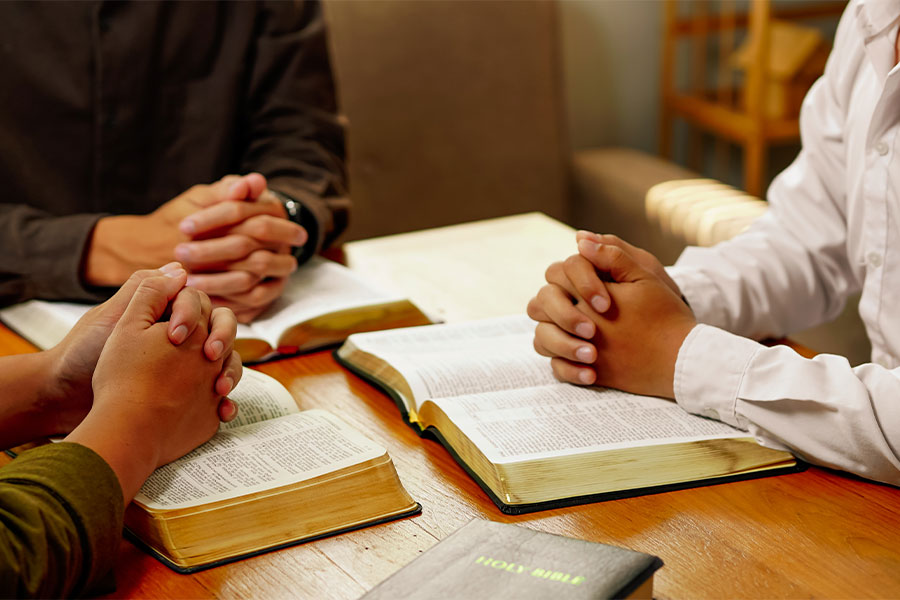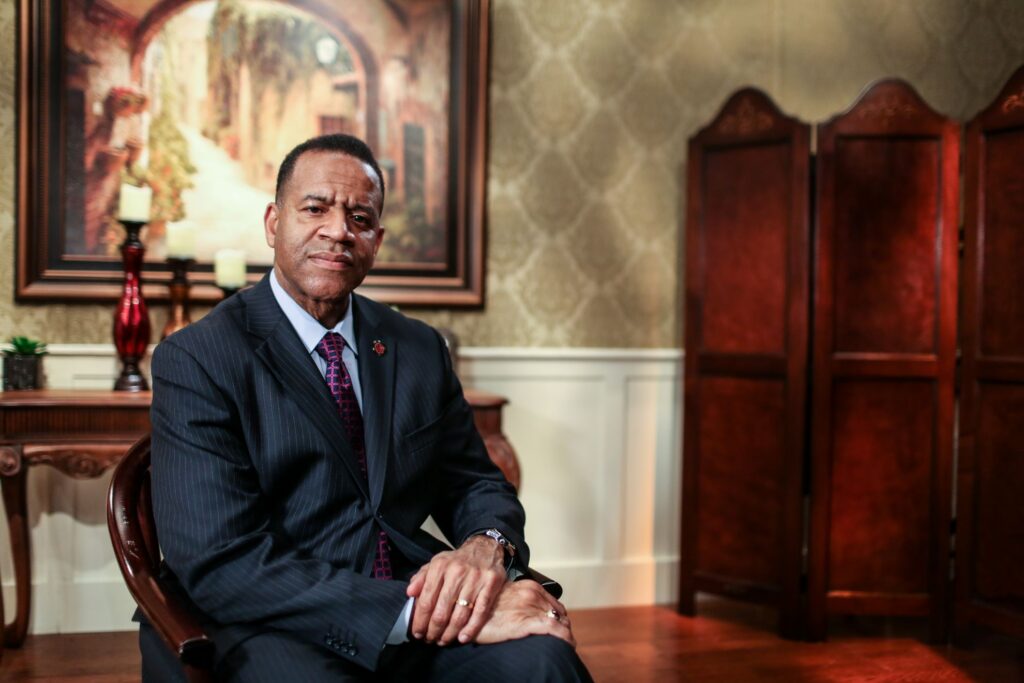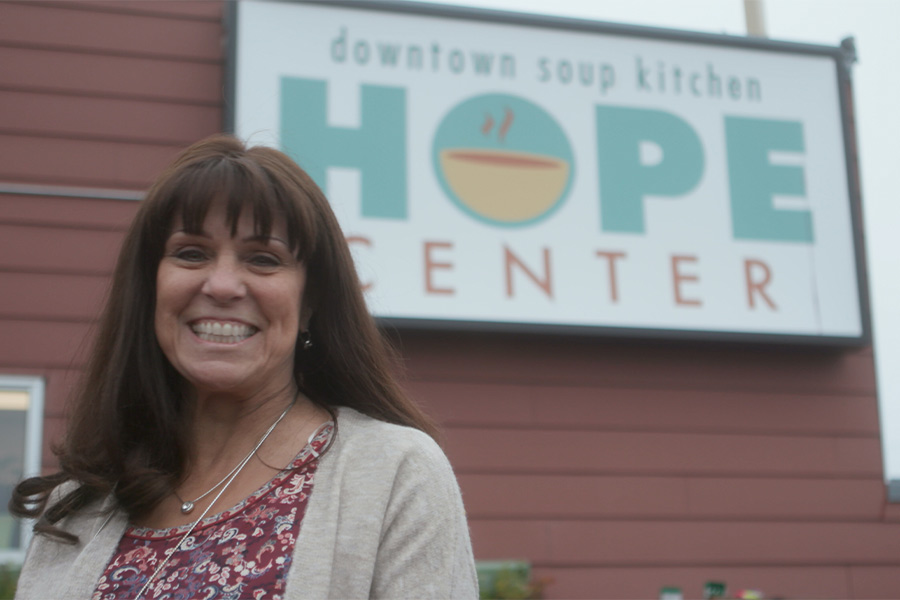
What rights do faith-based organizations have when it comes to personnel decisions—hiring or firing employees? It’s a question that’s long been debated in the courts. But a recent ruling from the U.S. Court of Appeals for the 4th Circuit has shed some much-needed light on the issue.
The case in question, Billard v. Charlotte Catholic High School, involved a Catholic high school and a former English and drama teacher.
The school fired the teacher because he planned to marry his same-sex partner, in conflict with the school’s beliefs about marriage and sexuality—beliefs rooted in the school’s Catholic identity. The teacher then filed suit against the school, and a federal district court agreed with his claims. But on appeal, a panel of judges on the 4th Circuit saw things differently and reversed the district court’s ruling.
Just as interesting as the outcome, however, was the rationale that the circuit court employed. Rather than address the statutory issues in the lawsuit (i.e., whether the school’s actions violated any federal laws), the court addressed a larger constitutional question. Starting with the constitutional issue was unusual because courts usually try to avoid resolving constitutional questions unless absolutely necessary.
Yet the court ruled for the school on the grounds that a doctrine called the ministerial exception protects its employment decisions.
The ministerial exception
In an opinion authored by Judge Pamela Harris, an appointee of President Barack Obama, the court concluded that “because [the teacher] played a vital role as a messenger of CCHS’s faith, he falls under the ministerial exception to Title VII.”
The ministerial exception, defined by the U.S. Supreme Court in a series of opinions, allows religious organizations to make personnel decisions regarding employees with religious duties.
In a 2012 case called Hosanna-Tabor Evangelical Lutheran Church and School v. Equal Employment Opportunity Commission, the Supreme Court ruled that the First Amendment “bar[s] the government from interfering with the decision of a religious group to fire one of its ministers.”
But who qualifies as a “minister”? The Court elaborated in another case eight years later, Our Lady of Guadalupe School v. Morrissey-Berru. In that case, the Court outlined a series of factors to help determine whether an employee can be considered a “minister.” The upshot of the Court’s ruling was that an employee’s religious function ought to be the most important consideration when evaluating whether he or she falls under the ministerial exception.
The 4th Circuit’s reasoning
In evaluating whether the ministerial exception applied in this case, the court considered “‘the function of [the teacher’s] position’ and its importance to CCHS’s ‘spiritual and pastoral mission.’”
As the court explained, “faith infused CCHS’s classes – and not only the expressly religious ones,” and the high school “expected its teachers to model faith in the teaching of all subjects.” This expectation applied to a high school English and drama teacher as much as to a theology teacher, as both positions are critical to the school’s religious mission of teaching “individuals to serve as Christians in our changing world.”
Furthermore, the teacher was “evaluated based on the degree to which he integrated faith throughout his classes, including his ability to teach his subjects in a way ‘agreeable with Catholic thought.’” His duties included teaching through a Christian lens and “providing a classroom environment consistent with Catholicism.”
While the teacher’s role wasn’t to interpret Scripture or administer sacraments, his function was undeniably religious: modeling faith in the classroom and teaching in accordance with Catholicism.
The ministerial exception, the court reaffirmed, is not just a narrow right that includes the likes of preachers, pastors, and priests. Rather, it “protects religious institutions in their dealings with individuals who perform tasks so central to their religious missions – even if the tasks themselves do not advertise their religious nature.”
Faith-based organizations—from the Catholic high school to the evangelical college to the Christian homeless ministry—must be free from government interference in their personnel decisions. As Judge Harris wrote in her majority opinion, “The ministerial exception does not protect the church alone; it also confines the state and its civil courts to their proper roles.”
Indeed, the ministerial exception is a foundational doctrine, and it’s welcome news to see the 4th Circuit recognize as much.






